What do we know so far?
Reports suggest that most individuals who contract coronavirus experience mild symptoms, according to Chinese data. Researchers that collated information from 72,000 people diagnosed with COVID-19 found that more than 80% of affected individuals experienced only mild symptoms, while 87% recovered completely.
Of course, individuals at higher risk due to underlying conditions such as cardiovascular, diabetes, respiratory disease, high blood pressure or cancer will recover differently to those whose symptoms were mild, and who have no underlying conditions that make them more vulnerable.
It is believed that having the disease once results in immunity in most (but not all) individuals - as is seen with other coronaviruses. However, experts agree that the immune response to COVID-19 is not yet understood; and an individual’s risk factors, for example relating to lifestyle, smoking and weight, all play a part in both the duration of illness and also recovery. So if you have recovered from coronavirus, what can you do to boost health and wellness for the future?
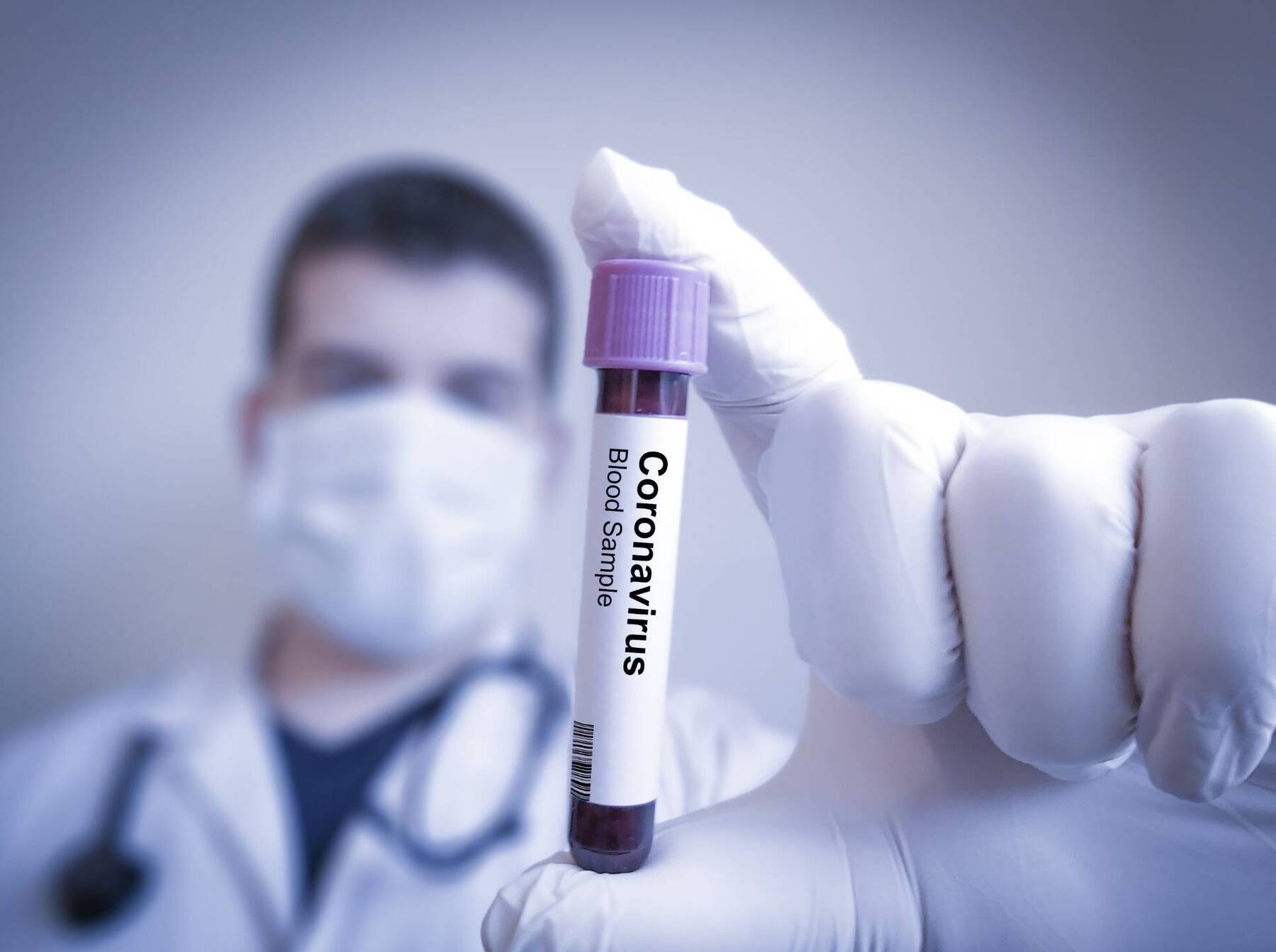

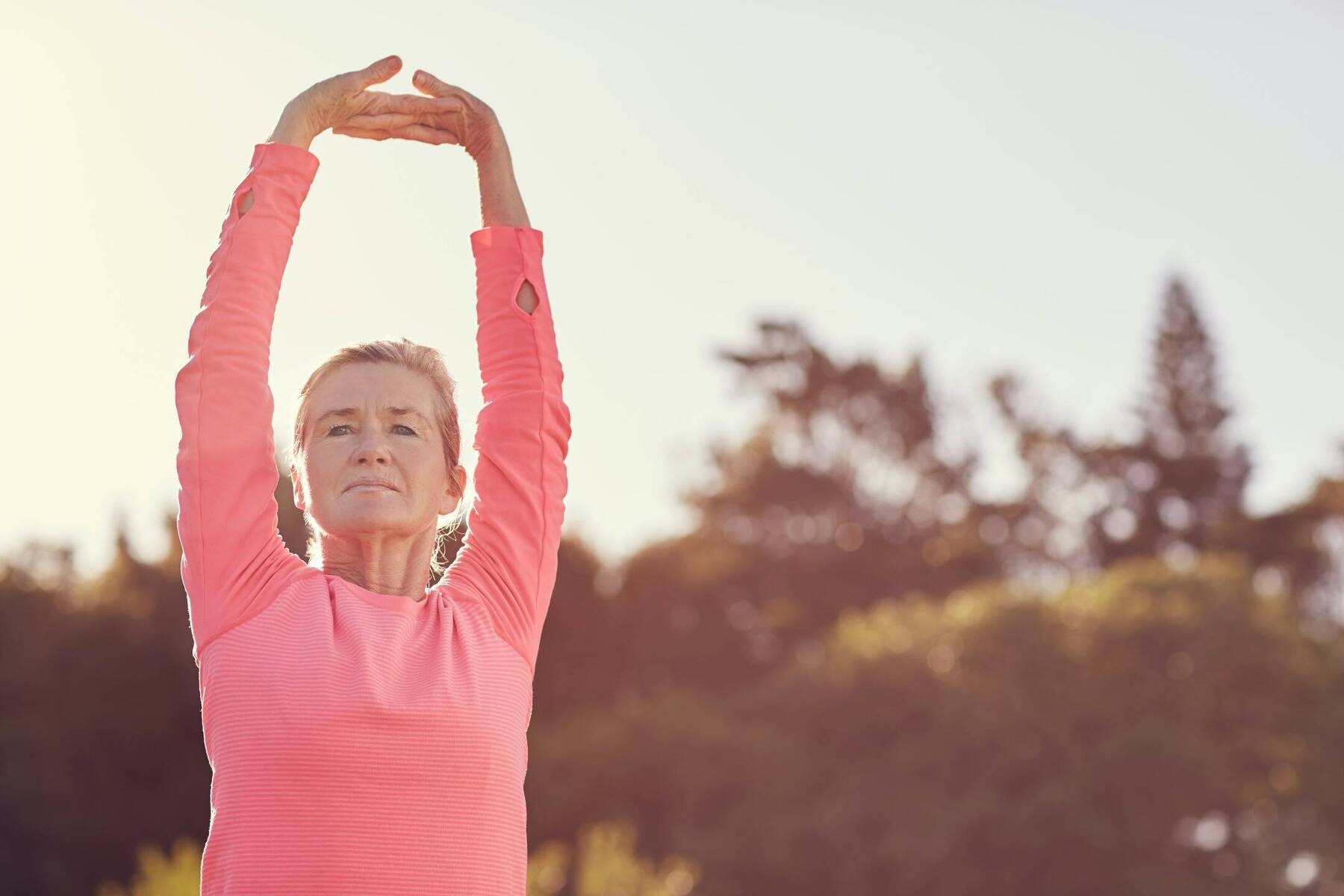
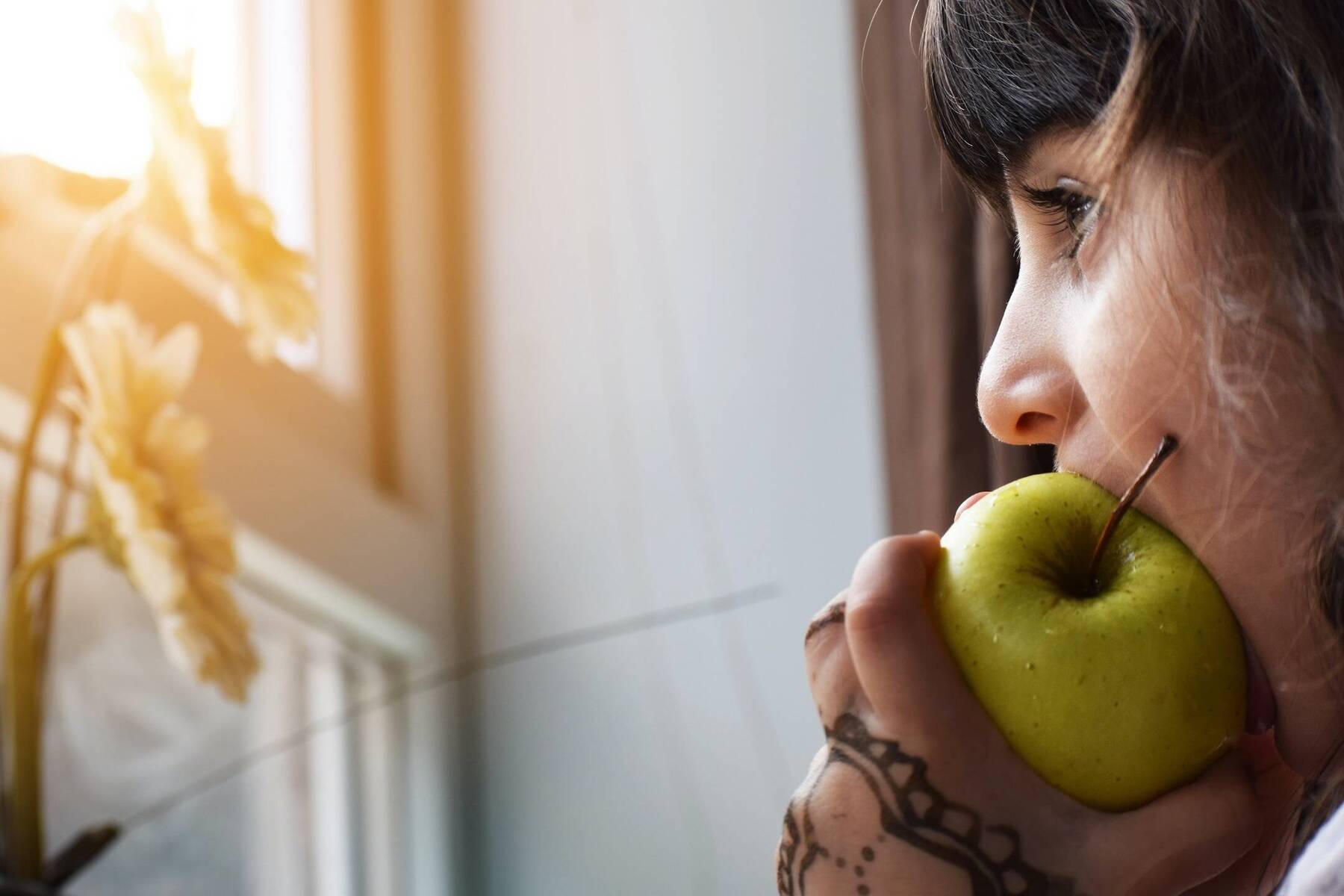

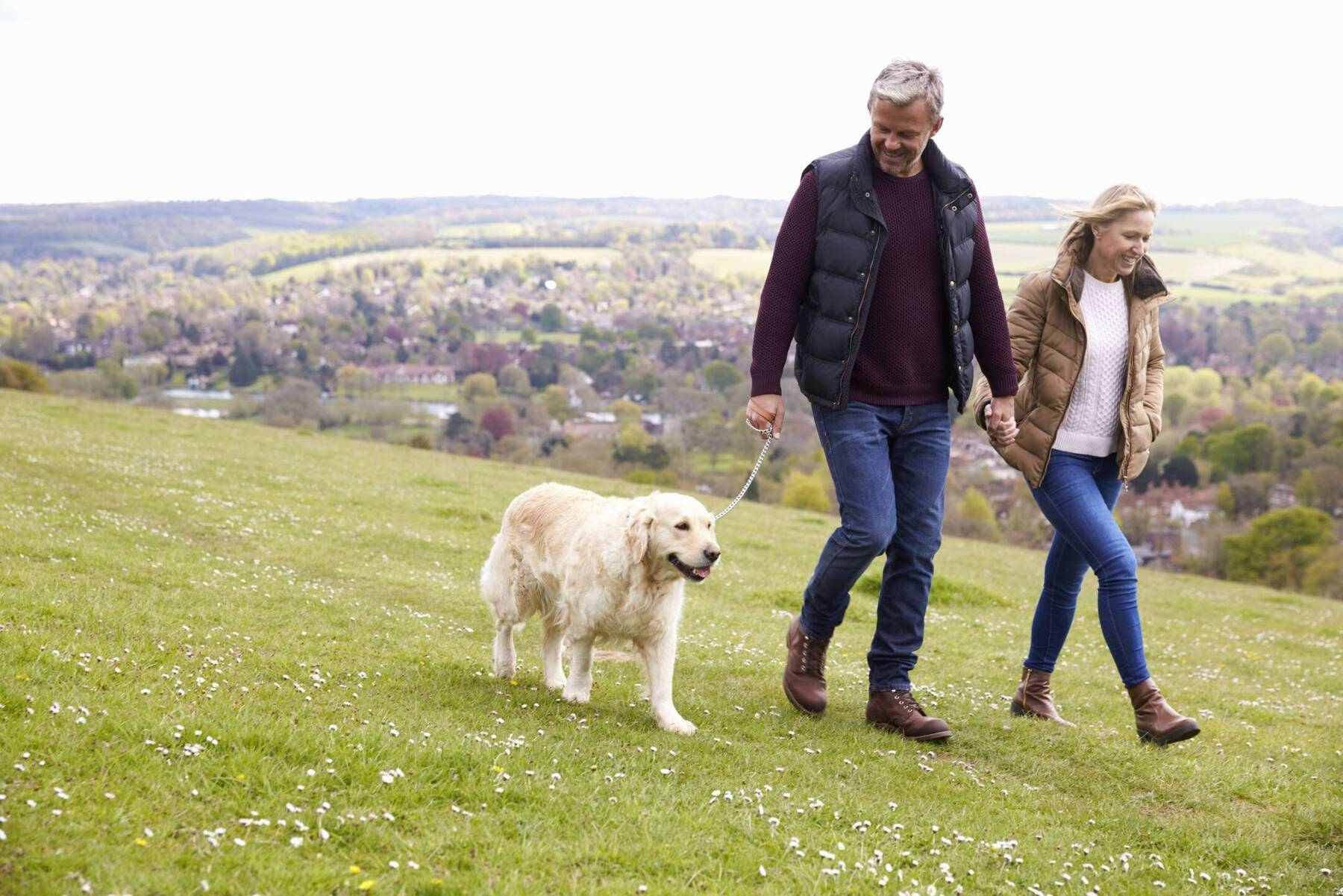

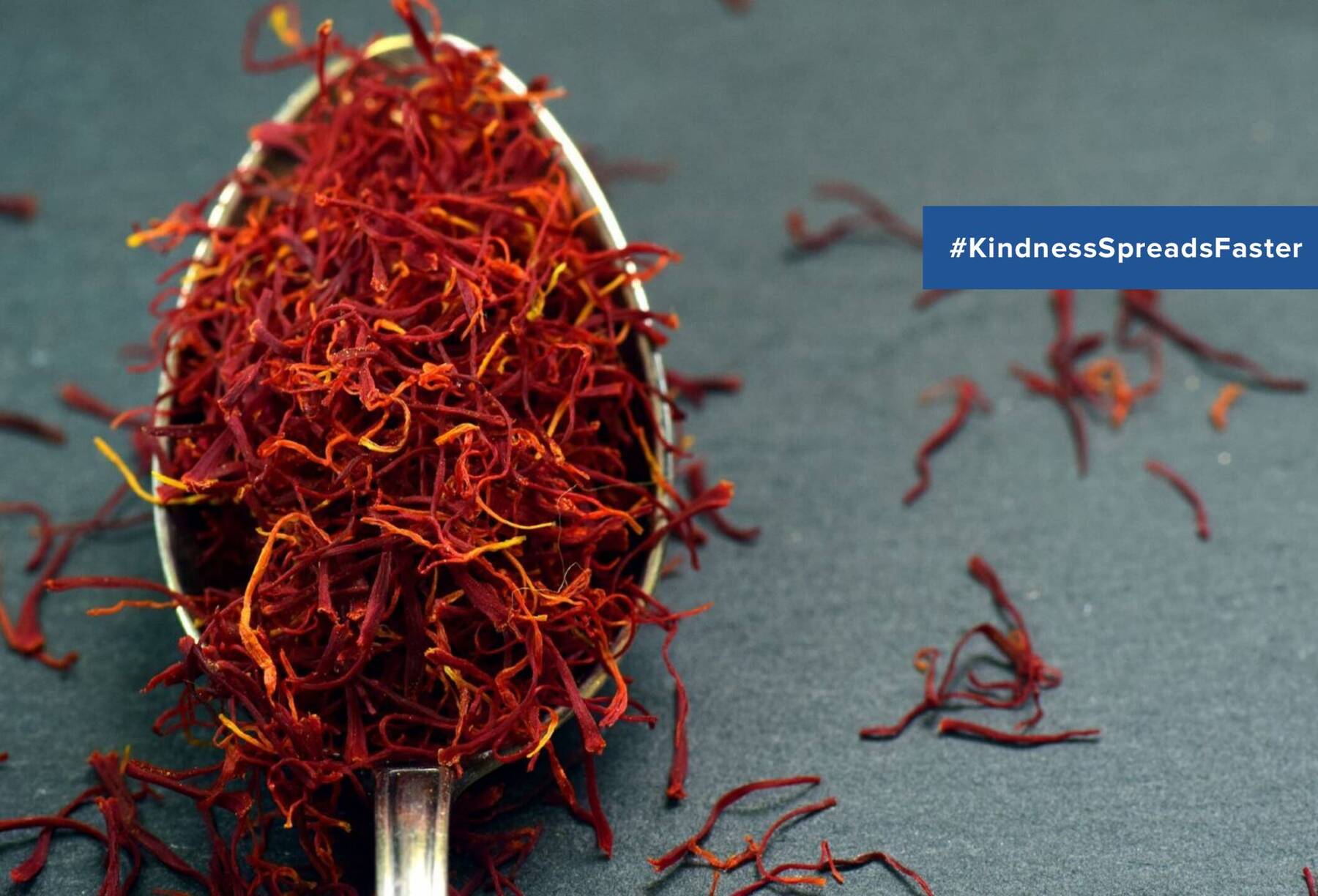
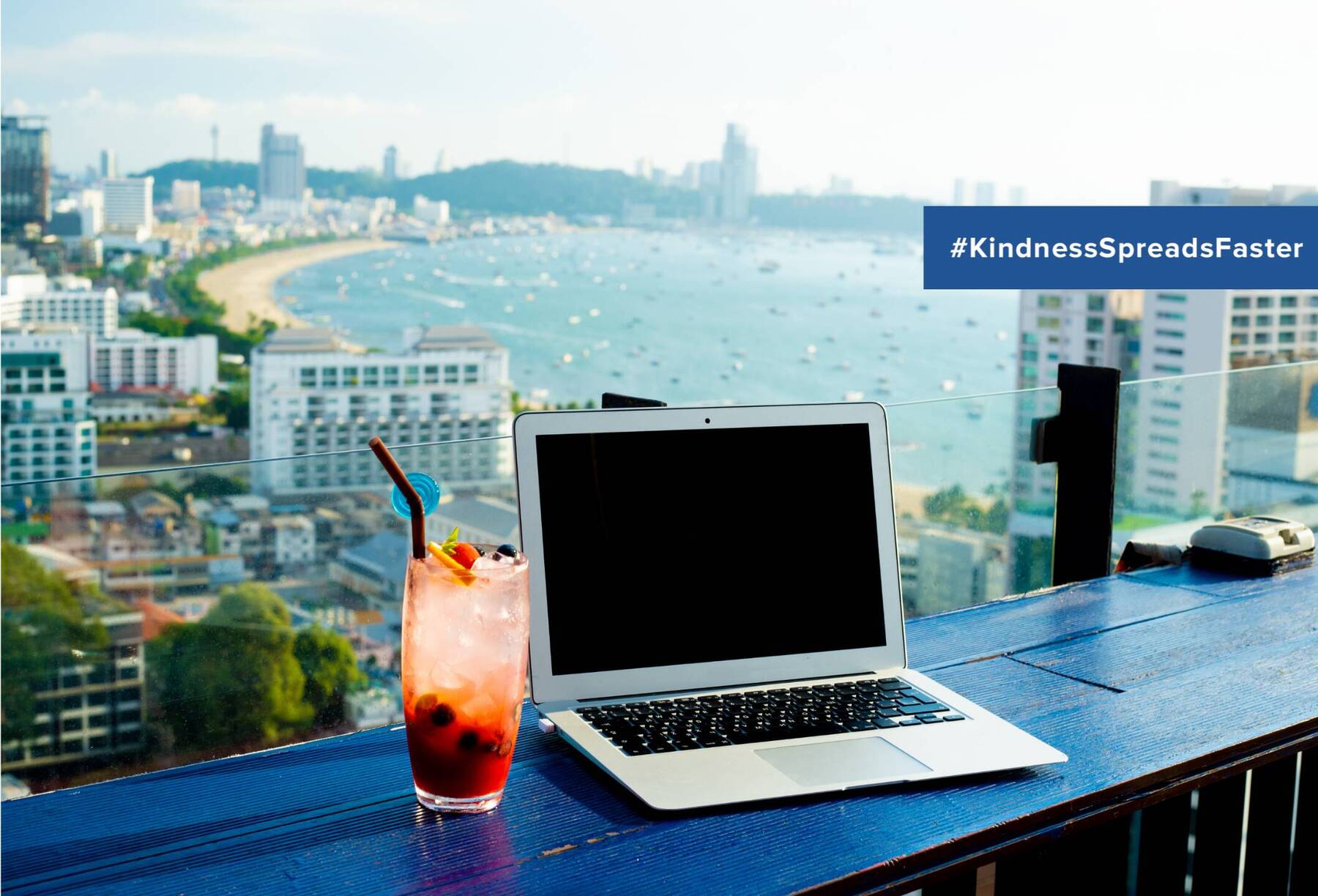

Comments